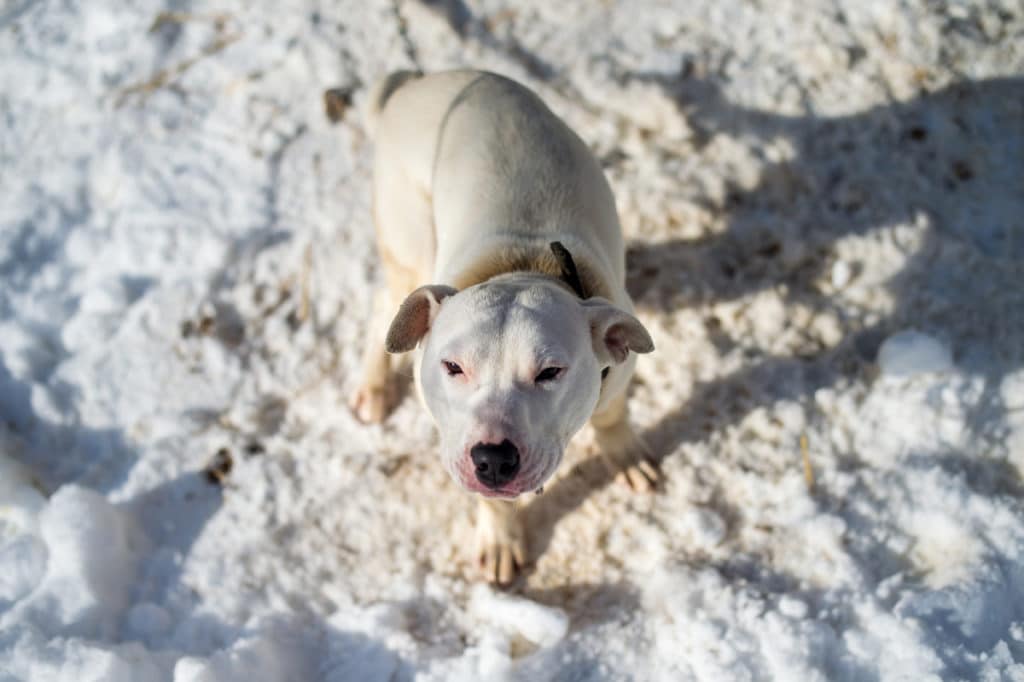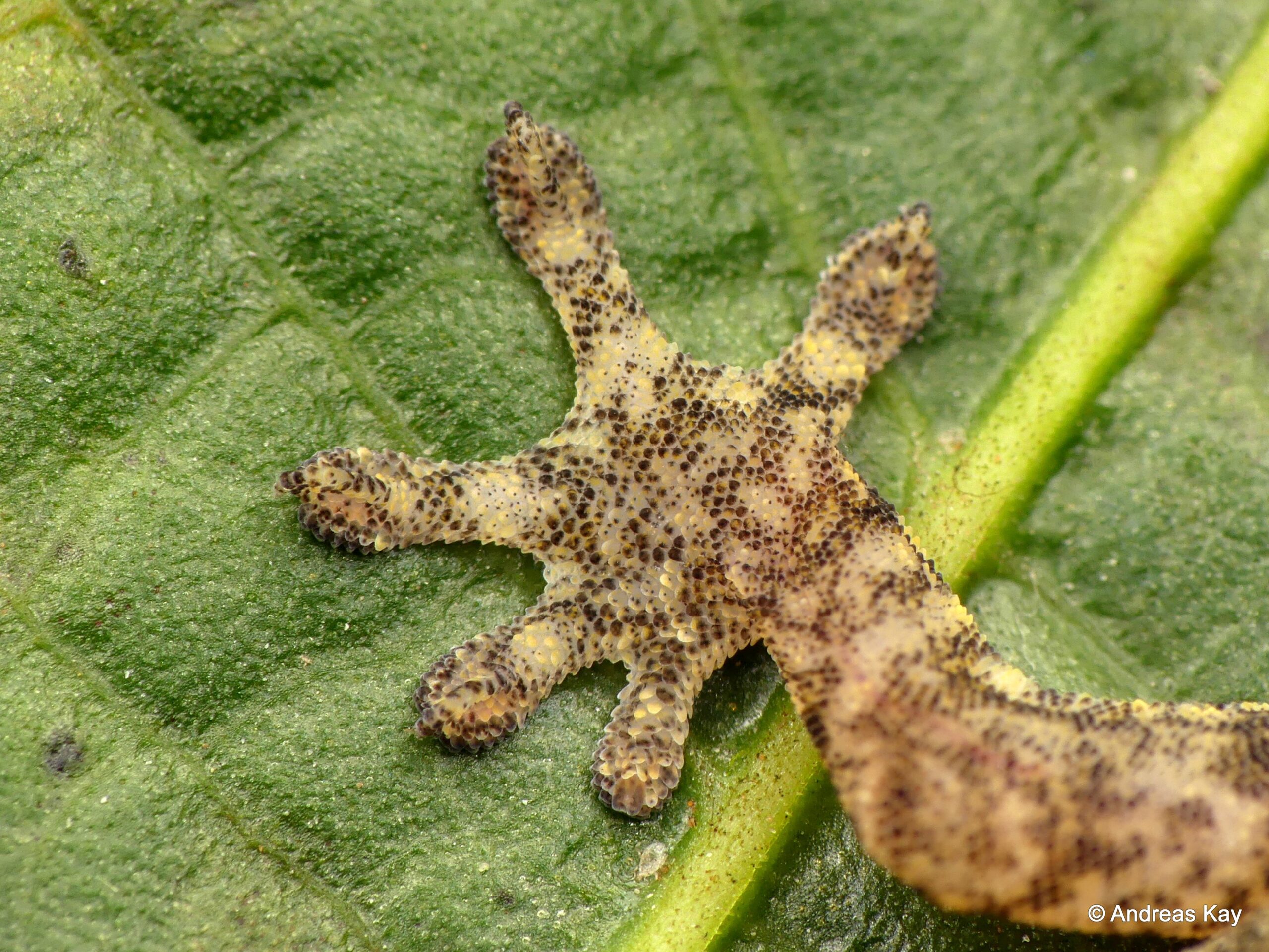Photo credits: Andreas Kay via flickr Australia is home to an array of remarkable reptiles. Among them, two geckos stand out - not just for their unique appearance and behaviour, but also for the growing threats they face. The ringed thin-tail gecko (Phyllurus caudiannulatus) and the Mount Elliot leaf-tailed gecko...
Earlier this month, Jared Nathan Trenear was jailed for six months by a Brisbane magistrate for after participating in illegal dogfighting. The RSPCA found four adult dogs restrained with wire, no suitable bedding, and no access to clean water, as well as two litters of puppies, at Trenear’s home in April 2018.
Most Australians have no idea that dogfighting is happening here and would be horrified to discover that this cruel practice is increasing across our country.
Dogfighting is an extremely brutal activity that causes horrendous suffering to the dogs forced to participate. It is a notoriously well-organized and extensive underground economy that operates globally and generates income for those involved through illegal gambling, the sale of dogs, and their valuable offspring. Fights have been known to have purses totaling over $700,000, which does not include the side wagering that occurs in most of these instances.
Dogfighting is closely linked to many other forms of illegal crime. Participation in dogfighting commonly overlaps with involvement in the drug trade, as well as illegal weapons trade, violent criminal activity, and child pornography. In the United States, many of the federal cases against dogfighting originated as investigations into drug trade.

Strict Australian import requirements make the flow of dogs into Australia more difficult, but there is evidence from online forums that dogs have been imported into Australia from the USA (home to many of the original dogfighting bloodlines) for dogfighting. Presently, there are suspected to be several major dogfighting kennels in Australia that proliferate these original bloodlines, without having to undertake the risk of importing new dogs. Furthermore, artificial insemination techniques and the import of semen from fighting dogs around the globe allow dogfighters to continue to bring new fighting dog blood into Australia.
Professional dogfights generally are held in extremely private locations with attendees often never even provided the actual address, but instead led to the fight location from a secondary meeting point. Attendees might also be made to turn off and surrender their mobile phones until the fight is over. The nature of dogfighting practices allows owners, organisers, and even dogs to live in various states but still be connected to the same kennel.
Historically, large kennels operate very silently and often require complex investigations to uncover. These investigations are hampered when legislation only prohibits actual dog fights, and not the general activities surrounding dogfighting, such as breeding, keeping and selling dogs for fighting. Further development of practical and legislative tools for law enforcement to use in proactively tackling this issue will not only help them to eradicate individual kennels, but will result in gaining information that will help determine and tackle the dogfighting network throughout all of Australia.
Earlier this month, HSI’s Senior Specialist in Global Anti-Dogfighting, Animal Protection and Crisis Response, Janette Reever, joined Australian enforcement officers at strategic meetings in Sydney and Brisbane on how to expose and eliminate the hidden dogfighting problem across our country. We are confident that this collaboration is a vital step forward in bringing about the end of this horrendous problem.
Rhiannon Cunningham is a Campaigner for Humane Society International and has been with the organisation since 2015. She is admitted to the Supreme Court of NSW as a solicitor and has a Masters in Environmental Law from The Australian National University. Currently, she is in her final year of a Graduate Diploma in Environmental Science, with a focus on conservation and sustainability. Her work with HSI is primarily focused on environmental policy, native wildlife protection, and animal welfare laws.
Images: Kendra Stanley-Mills / Special to The Detroit Free Press


